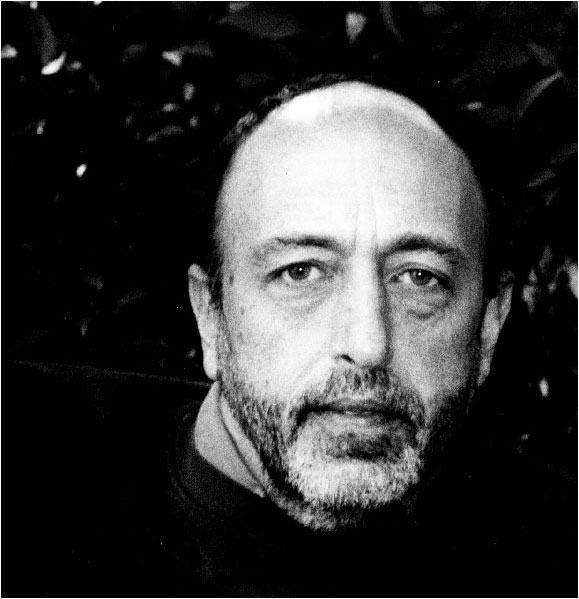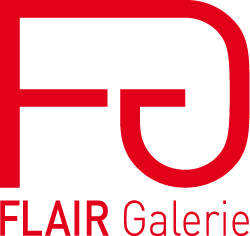
© Paul Ballen
Roger Ballen
Presentation
Roger Ballen was born in New York in 1950 but for over 30 years he has lived and worked in South Africa. His work as a geologist took him out into the countryside and led him to take up his camera and explore the hidden world of small South African towns. At first he explored the empty streets in the glare of the midday sun but, once he had made the step of knocking on people’s doors, he discovered a world inside these houses which was to have a profound effect on his work. These interiors with their distinctive collections of objects and the occupants within these closed worlds took his unique vision on a path from social critique to the creation of metaphors for the inner mind. After 1994 he no longer looked to the countryside for his subject matter finding it closer to home in Johannesburg.
Over the past thirty five years his distinctive style of photography has evolved using a simple square format in stark and beautiful black and white. In his earlier works, his connection to the tradition of documentary photography is clear but through the 1990s he developed a style he describes as ‘documentary fiction’. After 2000 the people he first discovered and documented living on the margins of South African society increasingly became a cast of actors working with Ballen in the series’ Outland (2000, revised in 2015) and Shadow Chamber (2005) collaborating to create powerful psychodramas.
The line between fantasy and reality in his subsequent series’ Boarding House (2009) and Asylum of the Birds (2014) became increasingly blurred and in these series he employed drawings, painting, collage and sculptural techniques to create elaborate sets. There was an absence of people altogether, replaced by photographs of individuals now used as props, by doll or dummy parts or where people did appear it was as disembodied hands, feet and mouths poking disturbingly through walls and pieces of rag. The often improvised scenarios were now completed by the unpredictable behaviour of animals whose ambiguous behaviour became crucial to the overall meaning of the photographs. In this phase Ballen invented a new hybrid aesthetic, but one still rooted firmly in black and white photography.
In his artistic practice Ballen has increasingly been won over by the possibilities of integrating photography and drawing. He has expanded his repertoire and extended his visual language. By integrating drawing into his photographic and video works, the artist has not only made a lasting contribution to the field of art, but equally has made a powerful commentary about the human condition and its creative potential.
His contribution has not been limited to stills photography and Ballen has been the creator of a number of acclaimed and exhibited short films that dovetail with his photographic series’. The collaborative film I Fink You Freeky, created for the cult band Die Antwoord in 2012, has garnered over 85-million hits on YouTube. He has taken his work into the realms of sculpture and installation, most recently at Paris’ Musée de la Chasse et de la Nature (2017), Australia’s Sydney College of the Arts (2016) and at the Serlachius Museum in Finland (2015) among others.
His most recent project has been The Theatre of Apparitions (Thames & Hudson, 2016) and its related animated film, inspired by the sight of hand-drawn carvings on blacked-out windows in an abandoned women’s prison. For this series Ballen started to experiment using different spray paints on glass and then ‘drawing on’ or removing the paint with a sharp object to let natural light through. The results have been likened prehistoric cave-paintings: the black, dimensionless spaces on the glass are canvases onto which Ballen has carved his thoughts and emotions.
In September 2017 Thames & Hudson will publish a large volume of the collected photography with extended commentary by Ballen titled Ballenesque: A Retrospection. In February 2017 the new Zeitz Museum of Contemporary Art Africa in Cape Town named its photographic facility the Roger Ballen Foundation Centre for Photography thereby ensuring that Ballen’s contribution to photography in Africa, and beyond, will continue into the future.
Exhibition: Le théâtre de l’esprit
